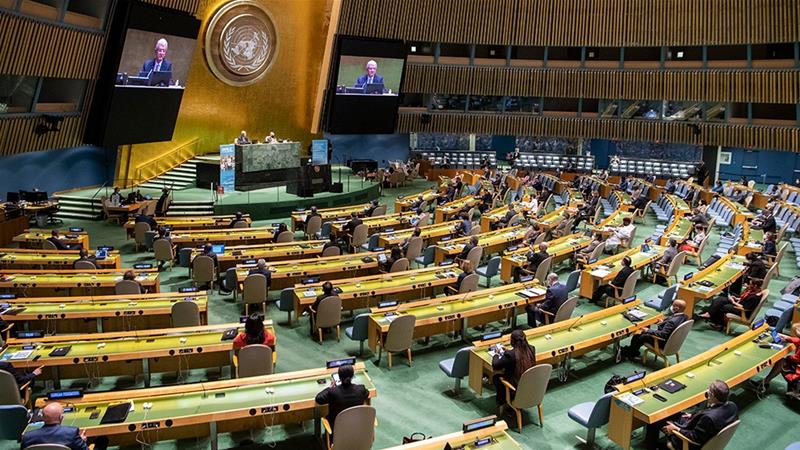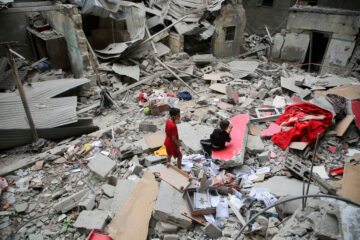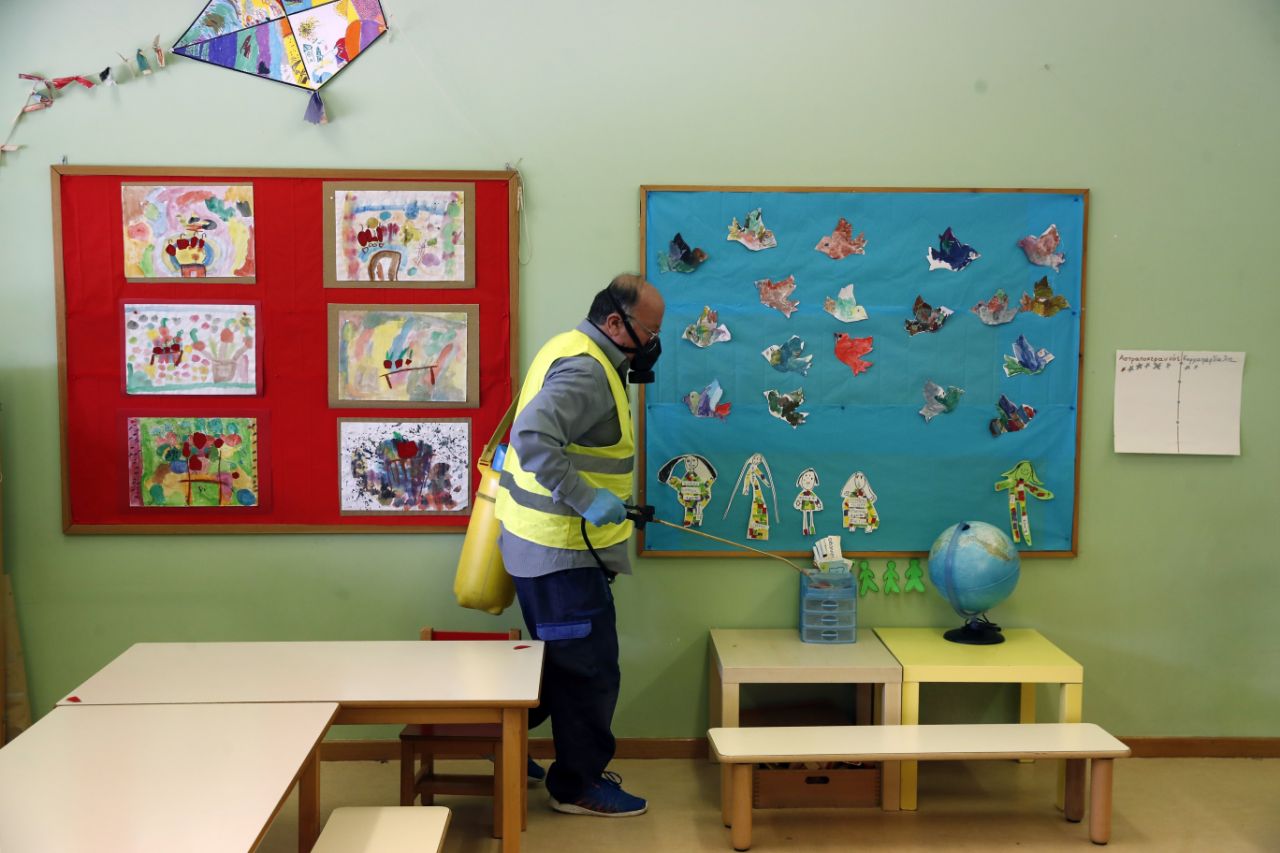Empty UN summit for world in crisis

The United Nations General Assembly, the annual extravaganza of world leaders’ speeches and round-the-clock diplomacy, opens Tuesday in a quiet hall as a virtual summit addresses the global crisis of Covid-19.
For once, Midtown Manhattan will not be bunkered down in a frenzy of motorcades, and there will be no speculation of breakthrough meetings.
Leaders instead have been invited to send in pre-recorded messages, to be played over the coming week in the vast General Assembly where each delegation can send a single masked diplomat.
US President Donald Trump, as leader of the host nation, passed on the chance to come in person to the General Assembly, with a speech before low-profile diplomats unlikely to figure as part of his strategy for re-election in November.
The summit in normal years draws about 10,000 people from around the world, a prospect that is unthinkable at a time when nations have imposed strict entrance requirements to prevent the spread of Covid-19, which has claimed nearly 950,000 lives.
With no chance for in-person meetings and the give-and-take of negotiations, some UN-based diplomats wonder how much can be achieved.
The United Nations is nonetheless moving ahead with thematic meetings — also virtual — on the sidelines of the summit to tackle major issues including the coronavirus pandemic as well as climate change, biodiversity and the political turbulence both in Libya and Lebanon.
But there will also be less chance for dramatic exchanges between leaders in their speeches. Keen to prevent any technical snafus, the United Nations has asked world leaders to submit their videos four days in advance, meaning there will be no spontaneity or reaction to last-minute developments.
– US snub for UN –
The UN week opened Monday with a celebration of the global body’s 75th birthday in the form of a virtual summit where Secretary-General Antonio Guterres pleaded — in person — for more multilateral diplomacy.
In a sign of his views on the matter, Trump did not bother to send remarks, and the United States was instead represented by its deputy UN envoy, who said it was “the right time to ask questions about the institution’s strengths and weaknesses.”
Even the US ambassador to the United Nations was not present, having traveled instead to Washington for an announcement of “UN sanctions” against Iran that Trump demanded all nations implement.
The United States says it is enforcing an expiring UN arms embargo, but virtually no other nation thinks Washington has the authority to impose UN sanctions, with European powers instead focusing on salvaging a nuclear accord with Iran negotiated under former president Barack Obama.
The hawkish US stance on the eve of elections comes a year after French President Emmanuel Macron led unsuccessful efforts in New York to arrange a meeting or at least phone call between Trump and Iranian President Hassan Rouhani in hopes of easing tensions.
Macron, speaking by video for the 75th anniversary summit, pleaded for the role of the United Nations in solving global problems.
“At a time when the pandemic is feeding fear of decline and a narrative of collective powerlessness, I want to say very clearly: faced with this health emergency, the climate challenge and the retreat on rights, it is here and now that we must act,” Macron said.
German Chancellor Angela Merkel warned that the United Nations has “too often been forced to lag behind its ideals as the interests of individual members have, time and again, prevented this order from functioning as it was intended.
“But those who believe that they can get along better alone are mistaken. Our well-being is something that we share — our suffering, too. We are one world,” she said.
SOURCE: AFP
PHOTO: The annual United Nations meetings will be held virtually with those in the hall seated far apart because of the coronavirus pandemic [Eskinder Debebe/UN Photo via EPA]











